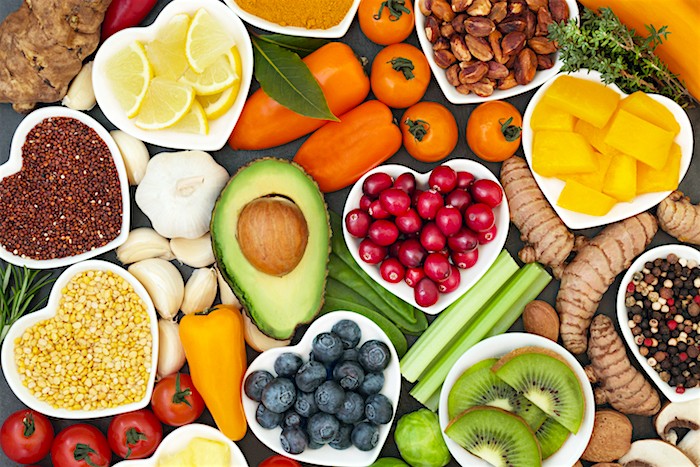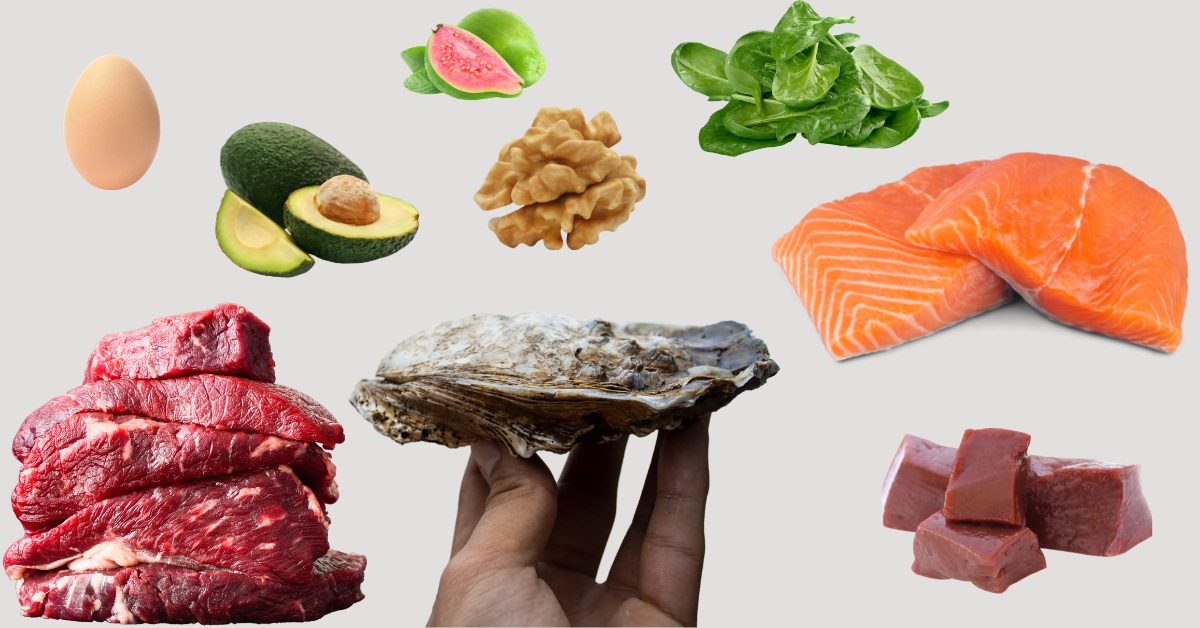Fertility challenges affect many couples worldwide, and while medical treatments are available, a natural, supportive approach through nutrition can help improve conception success. Certain foods, often referred to as “fertility foods,” are rich in nutrients that enhance reproductive health for both men and women. Anchors – fertility foods serve as a natural means to strengthen reproductive functions, balance hormones, and increase the chances of a successful conception.
The Role of Nutrition in Fertility
Nutrition plays a significant role in reproductive health, impacting hormonal balance, egg quality, and sperm health. A balanced, nutrient-dense diet rich in specific vitamins and minerals can greatly improve a couple’s chances of conception. By incorporating anchors – fertility foods into daily meals, couples can naturally support their body’s reproductive systems.
Key Nutrients for Fertility
Anchors – fertility foods generally contain certain critical nutrients essential for boosting fertility. Here are a few:
- Folate and B Vitamins: Folate, along with other B vitamins, helps improve the quality of eggs and supports DNA synthesis. Foods like leafy greens, avocados, and legumes are rich in these essential nutrients.
- Zinc: Vital for both male and female fertility, zinc plays a role in egg production and sperm health. Seeds, nuts, and whole grains are excellent sources of zinc.
- Omega-3 Fatty Acids: These healthy fats reduce inflammation and support hormone balance, essential for reproductive health. Fatty fish like salmon, walnuts, and chia seeds provide a good amount of omega-3.
- Vitamin E: Known for its antioxidant properties, vitamin E protects eggs and sperm from damage. Nuts, seeds, and green leafy vegetables are rich in vitamin E.
Anchors – Fertility Foods for Women
Certain foods are particularly beneficial for women trying to conceive. These foods can improve egg quality, promote hormonal balance, and support regular ovulation.
- Leafy Greens: Spinach, kale, and Swiss chard are loaded with folate, iron, and calcium, which help maintain a healthy menstrual cycle and prevent birth defects in the early stages of pregnancy.
- Avocados: Packed with healthy fats and folate, avocados support hormone regulation and provide essential energy for reproductive processes.
- Whole Grains: Foods like quinoa, brown rice, and oats contain complex carbohydrates, which maintain steady blood sugar levels and support hormone balance.
- Berries: Blueberries, strawberries, and raspberries are rich in antioxidants, helping protect the eggs from oxidative stress, improving their quality.
Anchors – Fertility Foods for Men
Male fertility also depends on diet, as nutrients can impact sperm count, motility, and morphology. Anchors – fertility foods for men can enhance sperm health and overall reproductive function.
- Walnuts: Walnuts are high in omega-3 fatty acids, essential for improving sperm vitality and motility.
- Lean Protein: Chicken, turkey, and lean beef offer amino acids that are crucial for sperm production and testosterone levels.
- Tomatoes: Rich in lycopene, tomatoes support healthy sperm morphology and improve overall sperm quality.
- Oysters: Known for their high zinc content, oysters can enhance sperm production and improve testosterone levels.
Lifestyle Tips to Complement Fertility Foods
Besides eating fertility-boosting foods, couples can adopt lifestyle habits that support reproductive health. Regular exercise, reducing stress levels, getting enough sleep, and avoiding harmful substances like tobacco and excessive alcohol all contribute to a healthier body, enhancing fertility.
Conclusion
Anchors – fertility foods serve as powerful allies in the journey toward conception. By embracing a diet rich in essential nutrients, couples can naturally improve their reproductive health, enhancing both the quality of eggs and sperm. Combining these nutrient-dense foods with a healthy lifestyle fosters a supportive environment for conception, maximizing the chances of starting a family. While diet alone may not solve every fertility issue, it is a positive, holistic approach to supporting conception efforts.








